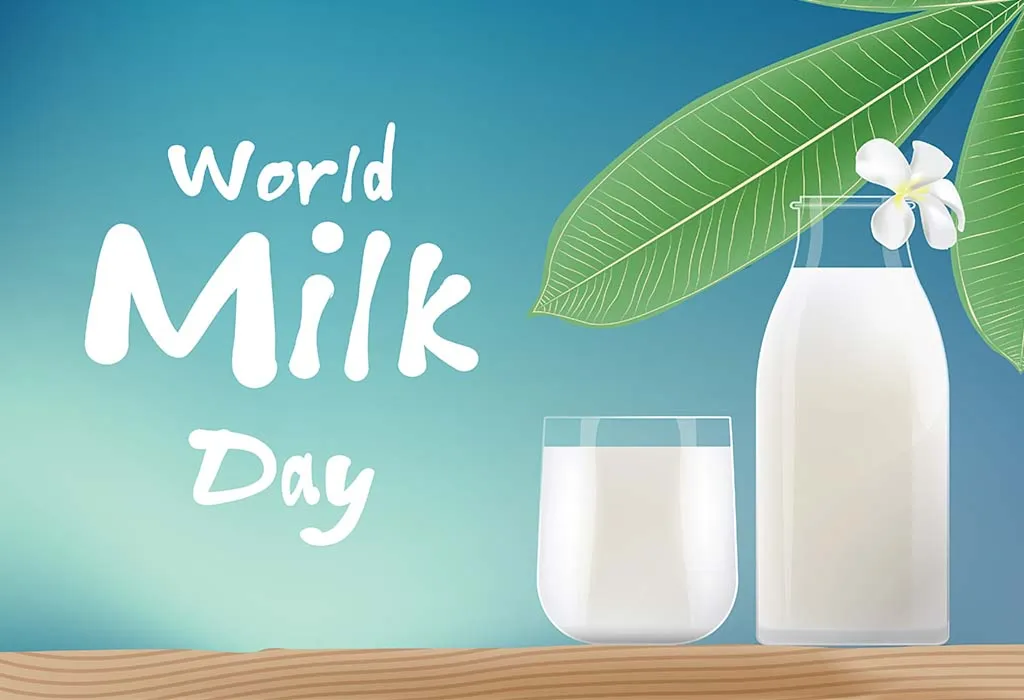What is World Milk Day?
World Milk Day is observed every year on June 1 to highlight the importance of milk in our lives. The day was established in 2001 by the Food and Agriculture Organization (FAO) of the United Nations. Its aim is to recognize milk as a global food and to spread awareness about its nutritional value, health benefits, and the role of the dairy industry worldwide.
🇮🇳 India’s Deep Connection with Milk
India holds the title of being the largest milk producer in the world. In Indian households, milk is more than just a beverage – it’s a symbol of health, purity, and culture. From early morning tea to bedtime turmeric milk, dairy plays a crucial role in our daily diet.
Milk is not only a part of our food but also of our traditions. Think about sweets like kheer, rasgulla, and peda – all made from milk!
Nutritional Benefits of Milk
Milk is often called a complete food because it contains almost every essential nutrient. It is packed with:
- Calcium for strong bones and teeth
- Protein for muscle development
- Vitamin D to absorb calcium
- Vitamin B12 for red blood cells
- Potassium for heart health
Drinking milk daily helps improve bone strength, immunity, and muscle growth, especially in children and elderly people.
Popular Dairy Products and Their Role
Milk is used to make several delicious and healthy products like:
- Curd (yogurt): Helps in digestion
- Paneer (cottage cheese): High in protein
- Ghee (clarified butter): Boosts energy
- Buttermilk: Cools the body in summer
These products are not only tasty but also promote better health and nutrition.
Traditional vs Packaged Milk
Nowadays, many people use packaged milk due to convenience. However, A2 milk from indigenous cows is gaining popularity because of its health benefits and natural composition. Desi cow milk is often said to have immunity-boosting properties.
While both types serve different needs, quality and freshness should always be prioritized.
Role of Farmers and Dairy Cooperatives
Milk is a major source of livelihood for millions of farmers in India. Cooperatives like Amul, Nandini, and Mother Dairy have empowered rural farmers by giving them fair prices and direct market access.
These organizations not only help farmers but also ensure that quality milk reaches every home in the country.

Spreading Milk Awareness in Schools
Many schools now encourage students to drink milk during lunch breaks. Government programs like Mid-Day Meal Scheme also include milk in meals to fight malnutrition.
Such initiatives promote a healthy lifestyle and make children aware of the benefits of drinking milk regularly.
Sustainability in Dairy Farming
With growing environmental concerns, the dairy industry is moving towards sustainable practices. Use of solar power, proper waste management, and ethical treatment of animals are becoming more common in dairy farms.
This shift not only supports the planet but also ensures that dairy remains a reliable and eco-friendly industry.
Ahilyabai Holkar Jayanti 2025: Celebrating the 300th Birth Anniversary of an Iconic Queen


